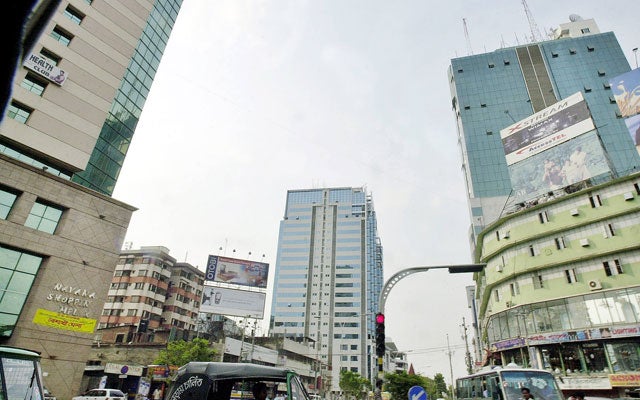The Bangladesh government’s announcement late last month that parliamentary elections would be held on January 5 has been met with much opposition. Current Prime Minister Sheikh Hasina and the ruling Awami League party eliminated the constitutional requirement to install a neutral caretaker government to oversee elections, prompting the major opposition party and its allies to boycott the polls.
Without the participation of most political parties, over half of the 300 parliamentary seats will be uncontested, calling into question the credibility of the electoral process. Backlash against the government has turned violent and has led many to question whether the election should be postponed.
In an attempt to force Sheikh Hasina to step down in favor of a neutral caretaker regime, the opposition Bangladesh Nationalist Party (BNP) and its leader Khaleda Zia instituted a blockade of railways and other forms of transportation. Bangladeshis, regardless of their party affiliation, are being targeted through random bus bombings and violent outbreaks that have already killed over 40 people in the past few weeks.
Fearing the emergence of a one-party system, the United Nations and other international organizations have called for free and fair elections in which all parties are participants.
In 2011, the Hasina government passed the 15th amendment to the constitution eliminating the requirement of a neutral caretaker government to conduct elections. At that time, Bangladesh’s supreme court ruled that the caretaker system of government should be held in place for the next two election cycles, and current polling shows most Bangladeshis support the caretaker government system.
The January 5 election date was set due to the constitutional requirement to hold elections within 90 days of the last parliamentary session, but Sheikh Hasina has acknowledged that she may be willing to postpone elections in order to accommodate the BNP.
This would be prudent move. Otherwise, there is a chance the military could step in—as it did in 2007—and declare a state of emergency, which would be a major setback for Bangladeshi democracy.
In recent testimony before Congress, Bangladesh expert and visiting fellow at The Wilson Center, Ali Riaz, said:
It is time for the Bangladeshi political leaders to take the right decisions—to hold an inclusive election, agree on post-election tolerant behavior, rein in extremism, commit to address the issues of war crimes judiciously, and commit to regional peace, and it is time for the international community to help them in this regard.
In a Heritage Backgrounder released today by Heritage Senior Research Fellow Lisa Curtis and Hudson Institute Senior Fellow Maneeza Hossain, they argue that the U.S. has a strong interest in ensuring that Bangladesh remains on a democratic path and recommend that
[t]he U.S. should support the postponement of polls and the establishment of an all-party government with a non-party technocrat at the helm to conduct elections in the next six months.
If Sheikh Hasina insists on moving forward with elections under the current circumstances, their validity will be in question and her government will find it difficult to control the violence that is likely to ensue. The international community should weigh in with Sheikh Hasina now, before the situation spirals further downward.
